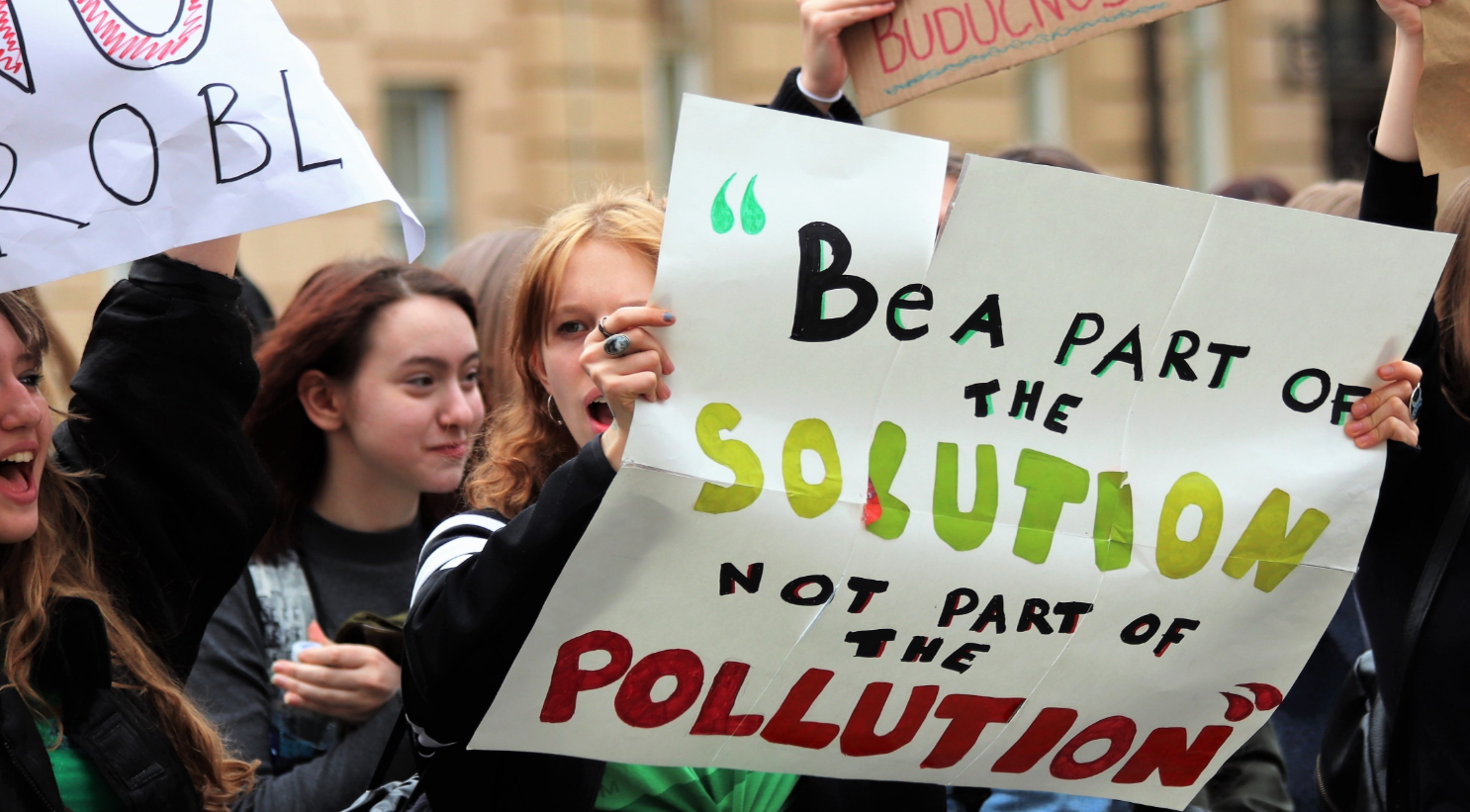
$900 Billion “will be wiped off value of Big Oil if we restrict CO2 rise to 1.5C”
According to the Financial Times “Around $900bn – or one-third of the current value of big oil and gas companies – would evaporate if governments more aggressively attempted to restrict the rise in temperatures to 1.5C above pre-industrial levels for the rest of this century.”

C: pxfuel
One month into 2020 and our climate crisis has left a deep brutal scar that runs across large swathes of Australia. Vast swathes of the country are traumatized and still in climate shock, having lost homes, livelihoods, and communities. Rebuilding will take decades, one day at a time.
One resident who had lost their home told the Guardian: “We’ve pissed mother nature off big time, and she’s paying us back. We’ve just been watching it get drier and drier – the whole valley’s been a tinderbox.”
The cost of insurance claims in the country will be huge. It is already in excess of a billion dollars. The final total will be much, much more.
We are not just witnessing climate change in the South, but everywhere. Yesterday, the Washington Post reported that “the entire planet matched its warmest January on record.”
In Europe, the continent “concluded its warmest January on record, coming on the heels of a toasty December and making the 2019-2020 winter season a contender for the warmest Europe has observed.”
The paper quoted Mika Rantanen, a research meteorologist at the Finnish Meteorological Institute, who tweeted: “The lack of snow and the warmth is really unheard of. Monthly records were not just broken, they were shattered with large margins.”
What is equally worrying is that we have already cooked the planet too far. Climate models that have accurately predicted temperature rises for decades are now running “very hot” reports Bloomberg.
Some computer models are now running projections in excess of 5°C, which is deemed “a nightmare scenario.” If many of the models are right in their predictions “that could mean the goal envisioned by Paris is already out of reach.”
The evidence is clear, the warnings are horrific, but the denial from politicians and oil industry executives continues. In Australia, politicians continue to deny the link between emissions and climate change.
“I’m not disputing the science, what I’m saying is I’m not gifted academically to have that science background myself.” – @D_LittleproudMP when asked about his recent statement that he didn’t know if climate change was man made. #abc730 @leighsales #auspol pic.twitter.com/sFh44eNP2a
— abc730 (@abc730) February 4, 2020
And Scott Morrison, so utterly condemned and lambasted for his Government’s response for climate change, is now touting more fossil fuels, especially gas, as the solution to a problem caused by fossil fuels.
The bottom line is that, as Tim Baxter, a Fellow at the Melbourne Law School points out, “Australia has long been the world’s largest coal exporter and last year took the crown as the largest exporter of liquefied natural gas.”
Morrison is still also pressing ahead with Adani, one of the world’s largest coal mines, at a cool cost of AUS $16 billion. His Government remains in denial.
So does the oil industry. For decades, the industry denied that climate change was man-made, or even happening. Now a classic line is that it is too late to stop climate change, we can’t do anything about it, and therefore we might as well carry on drilling.
Yesterday, Rex Tillerson, the former CEO of Exxon Mobil told an industry conference in Houston on Tuesday that “he questions whether there is anything humans can do to combat climate change.”
“With respect to our ability to influence it, I think that’s still an open question,” said Tillerson, before adding: “One day we’ll know the answer to that, but our ability to predict the answer to that is quite complicated.”
As the oil industry drills, and coal industry mines, and our climate boils, trillions of dollars will be lost in “stranded assets,” in carbon that we cannot afford to burn. This is something that Oil Change International has been warning about for years.
A report published this week by the New Economics Foundation, in the UK warns that globally, the use of coal for electricity production has to fall by two thirds until 2030 and to nearly zero by 2050 to have any chance of keeping the increase in global temperatures below 1.5 degrees.
If this is to happen, central banks must start reducing their exposure to coal, via collateral frameworks and the assets they hold. According to NEF, central bank coal exposures could amount to more than US$12 billion.
Although that is a significant amount of money to lose, it could be peanuts compared to the stranded assets tied up in oil. Yesterday, an in-depth piece in the Financial Times weighed in on the stranded assets debate.
The paper calculated that “around $900bn – or one-third of the current value of big oil and gas companies – would evaporate if governments more aggressively attempted to restrict the rise in temperatures to 1.5C above pre-industrial levels for the rest of this century.”
The paper warns starkly, that “unless a solution is found for climate change in the coming decade, there is a risk of a sharp collapse in asset prices” of the international oil companies and the “effects of writing off stranded assets would be felt across the business world. It would be one of the biggest ever shifts in the allocation of capital.”
Big Oil ignored the warnings from the likes of Oil Change International and many others. Will it and and their investors ignore the warnings from the business paper of record, the Financial Times, too?
